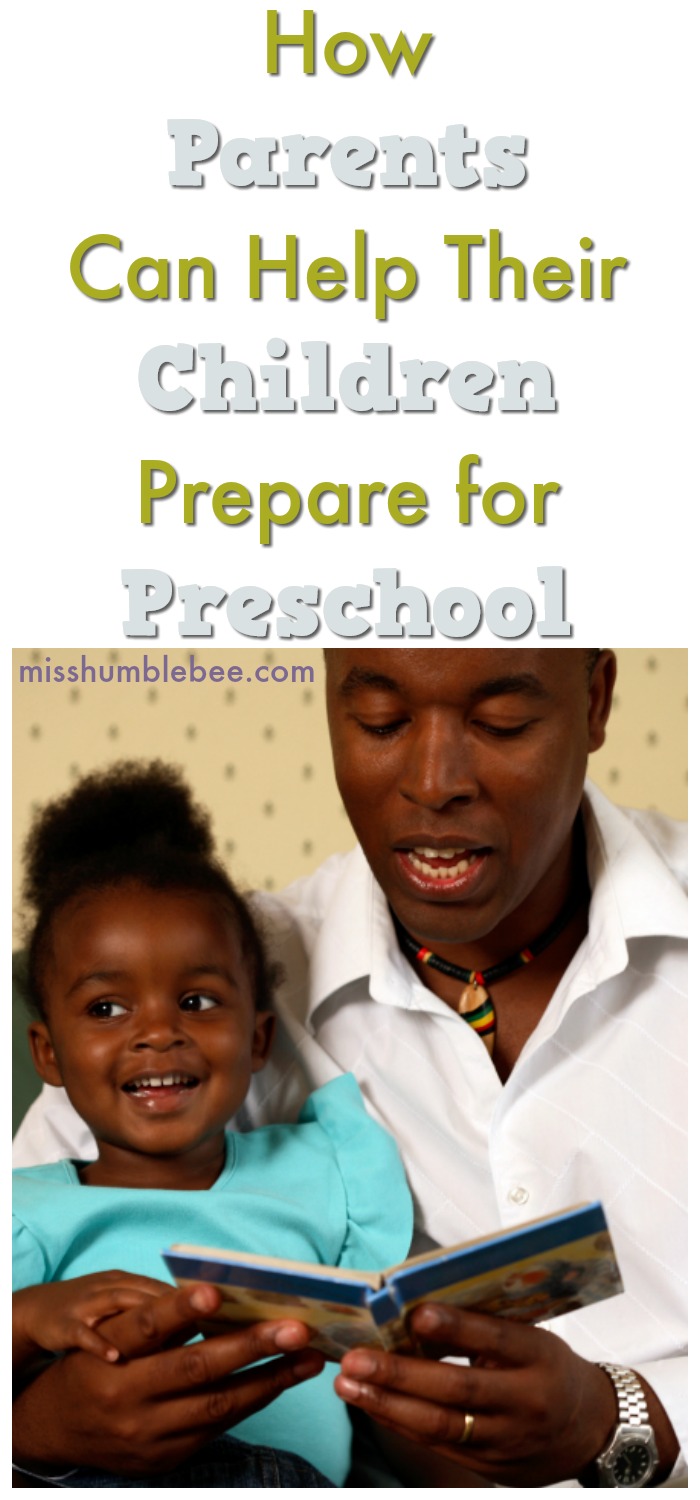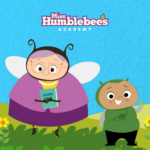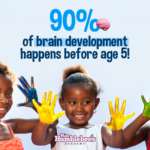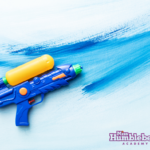Parents want their children to have the best chance in school. When their children near the age of starting preschool, they may wonder what they can do to help their kids prepare. Learning begins at home and many academic and social skills that are necessary for preschool are naturally taught in the home environment long before school begins. However, if your child starts preschool soon and you’d like concrete examples of what to work on with your child, the following suggestions will help.

1. Counting
Some preschool programs require that kids know how to count at least to ten before they can be admitted to this first year class. Within a few days of reciting the numbers from one to ten with your kids, many will be able to do it without difficulty, thus allowing them to be ready for school.
However, to go a step further you can use objects or activities around your home to start teaching one-to-one correspondence (the ability to match an object with the corresponding number). You can also work on number recognition through the use of puzzles, refrigerator magnets, and environmental print.
2. Alphabet
While some children enter preschool without knowing the alphabet, many can at least recite it and some can even identify alphabet letters. Teaching your child the alphabet can be as easy as singing the song, but simply reciting it together can be effective as well. Children’s shows can also be a helpful tool.
It’s also a good idea to expose your child to print as often as possible. This can be through books, signs, refrigerator letters, and more. As your child shows interest, teach them to recognize letters. A good way to begin is by teaching your child the letters in their own name.
3. Colors
Along with counting and saying the alphabet, young students will also benefit from learning basic colors. This early lesson is routinely taught in classrooms, and kids are generally expected to know the colors blue, red, yellow, green, orange, and purple by the end of their first year.
Parents can foster this learning by pointing out the colors at home or by reading books to their kids to help them learn. Fun art activities can also be done to reinforce the new concepts.
4. Social Skills
Children are also expected to know how to behave themselves and interact well with their classmates. Some kids may struggle with this lesson early in school. Moms and dads who wish to teach their young ones basic social skills may enroll their preschoolers in play groups, day cares, or allow their young ones to play with cousins and neighbors often.
Students in preschool also will need to know how to treat others with respect. Bullying has become an issue that many schools address regularly. Moms and dads might be advised to instruct their pupils in using good manners, accepting others who are different than them, and being kind to everyone.
Students will also benefit from learning simple hygiene instructions like washing their hands after eating or using the restroom, as well as blowing their noses when needed. Teachers want to keep the other pupils in the classroom safe and healthy. These basic hygiene instructions can help young kids avoid spreading germs.
Getting ready for preschool can be something parents begin with their children well before preschool begins. These basic lessons will allow students to feel prepared and do well in this first year of school, which will allow them the best chance of enjoying school both in the first year and beyond.










